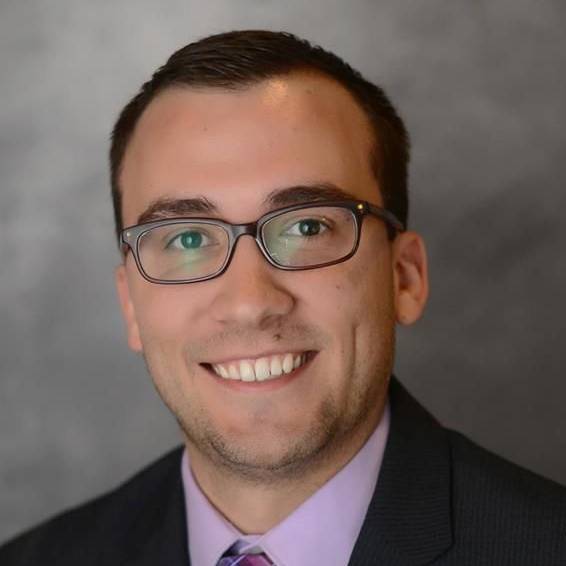Diversity Is Central to Master’s Degree in Community Health and Prevention Program
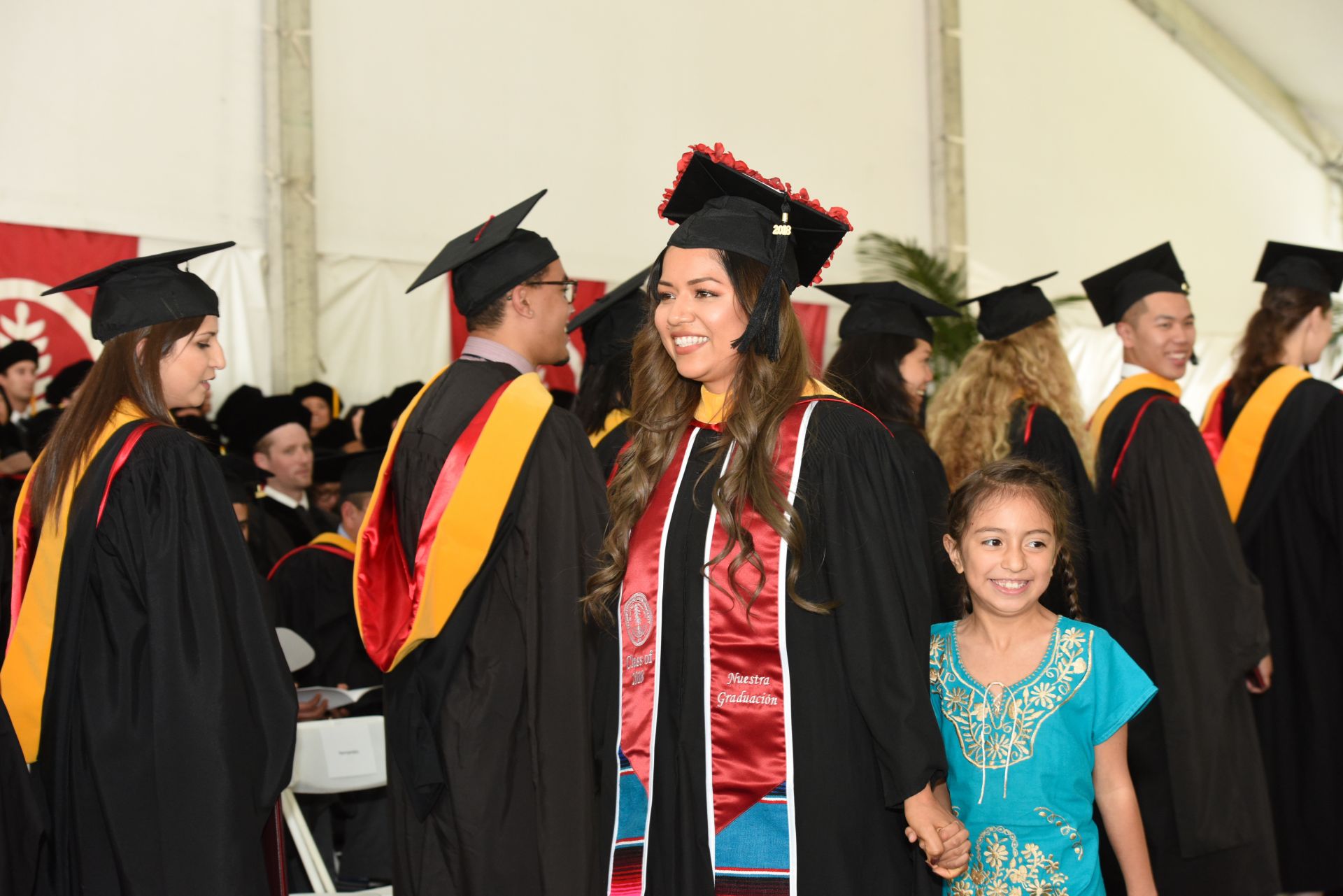
The CHPR program includes students from diverse stages of life, such as Adrienne Lazaro, shown with her daughter during Commencement 2018. Lazaro, as an alum, continues her connection with CHPR by serving on its Advisory Board and Admissions Committee
36
Students have received their undergraduate degrees from 36 colleges and universities. While many majored in psychology, biology, or neuroscience during their undergraduate years, other majors include mathematics, history, urban studies, political science, international affairs, anthropology, and economics.
Among the 117 students and alumni:
38% identify as a member of an underrepresented minority group.
15% were the first in their family to attend college.
Among 69 alumni responding to a “Where are you now?” survey, 40 have entered the workforce, 16 are in medical school, and 5 are in doctoral or additional graduate programs.
12%
of students have come from nations outside the U.S., including Canada, China, Ethiopia, India, Japan, Hong Kong, South Korea, Nigeria, Norway, the Philippines, Singapore, South Africa, and Turkey.Stanford’s Knight-Hennessy Scholars programhas prompted an increasing number of applications from around the world, and to date two CHPR students have received the highly competitive fellowship that provides full funding for graduate study.
42
To date, 42 CHPR students have contributed to the research literature, publishing their thesis projects or presenting their findings at scientific meetings.

Jodi Prochaska, PhD, MPH
Redeat Gebeyehu is a Stanford coterm majoring in human biology, with a concentration in public health in sub-Saharan Africa and a minor in global studies, with an African studies track. Gebeyehu has long been passionate about social determinants of health and their effects on well-being, which inspired her involvement with nongovernmental organizations like Save the Children and the Cameroon branch of Doctors Without Borders, where she served two years as a research coordinator. Gebeyehu’s internship and thesis project in CHPR is a study of newborn health and survival in the Democratic Republic of the Congo and Colombia. Post-CHPR, Gebeyehu sees herself “working in the public health sector building better health systems, broadening medical care accesses and services. I would also like to work on various women empowerment projects.” She’s mentored by Clea Sarnquist, DrPH, MPH, associate professor of pediatrics.
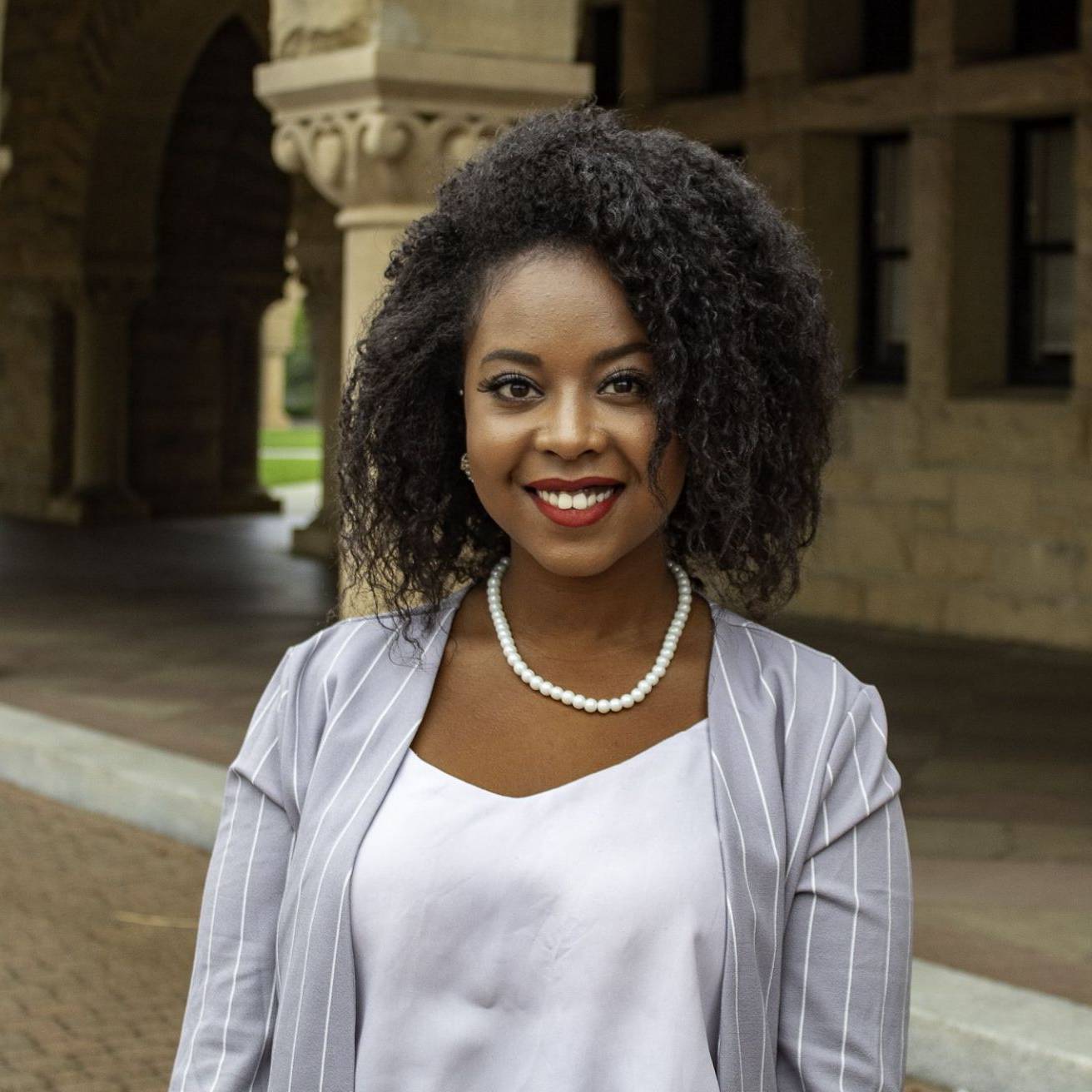
Claire Jacobson says she’s constantly learning from and inspired by the diverse stories and historical narratives that the human body encapsulates. As a Stanford undergraduate, Jacobson became a certified emergency medical technician and volunteered with Stanford Emergency Medical Services for three years. “It was through being an EMT and shadowing in several emergency departments that I began to witness how complex social factors affect an individual’s health and how often the emergency department serves as a social safety net,” she says. After receiving her bachelor’s degree, Jacobson completed a 10-month Fulbright research project in the Emergency Department of Dhulikhel Hospital in Nepal, where she worked with local leaders and stakeholders to design and implement the first Nepal-specific emergency medical dispatcher training program. Mentored by SPRC professor Randy Stafford, MD, PhD, and working with Bay Area start-up Age Bold, Jacobson is focusing on fall prevention among older adults for her internship and thesis.
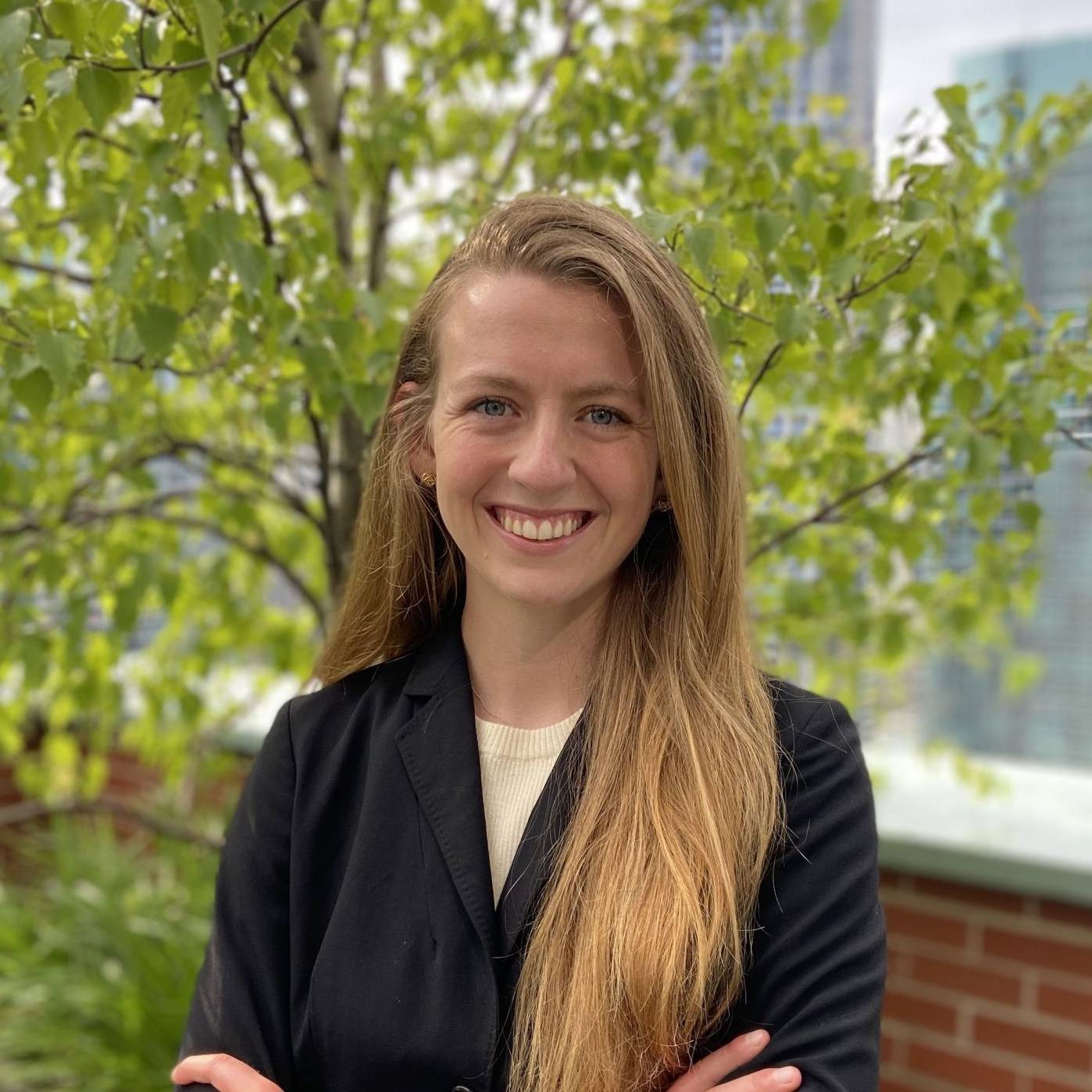
Raised in Honduras, Aimee Lansdale moved to Chapel Hill, North Carolina, when she was 16. She received a BA in global health from Duke University with a concentration in obesity and nutrition in 2017. After graduation, she worked at an international development organization managing and implementing projects in Guatemala and Mozambique. “As a CHPR student, I am working at Mathematica, where I help conduct research and evaluations for social-impact projects focused on health, teen pregnancy prevention, and nutrition,” Lansdale says.
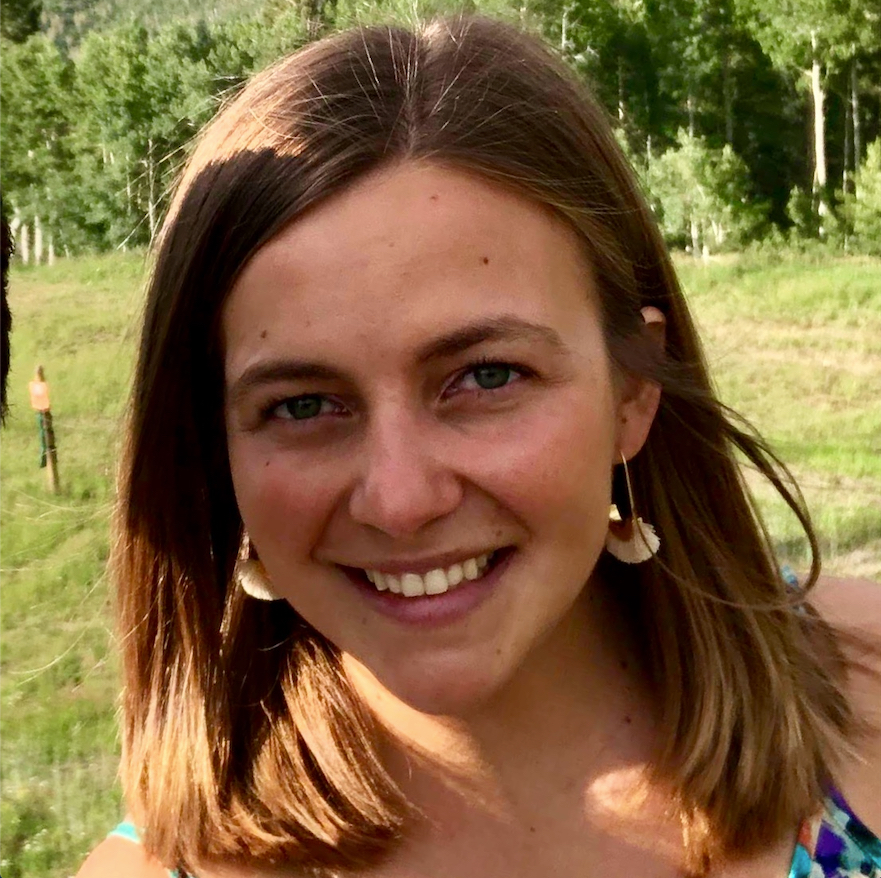
In 2003, Yessica Martinez and her family emigrated from Cuba to Portland, Oregon, “a place vastly different from everything we knew. Growing up, I witnessed first hand how health care systems were flawed at a systemic level,” she says. Driven by her personal experiences, Martinez is majoring in human biology, with a concentration in child health policies in marginalized communities, and pursuing her master’s degree through Stanford’s coterm process. “As I learned more about how injustices were perpetrated on historically excluded communities, I made a commitment to support and care for underserved populations in the United States and abroad. Moreover, I adopted a holistic definition of health, understanding the numerous factors impacting community and individual well-being,” Martinez says. Through the CHPR program, she looks forward to advancing health care equity and contributing to supporting marginalized communities and individuals. In the future, she aims to craft more inclusive, responsive, and preventive programs rooted in social justice and well-being.
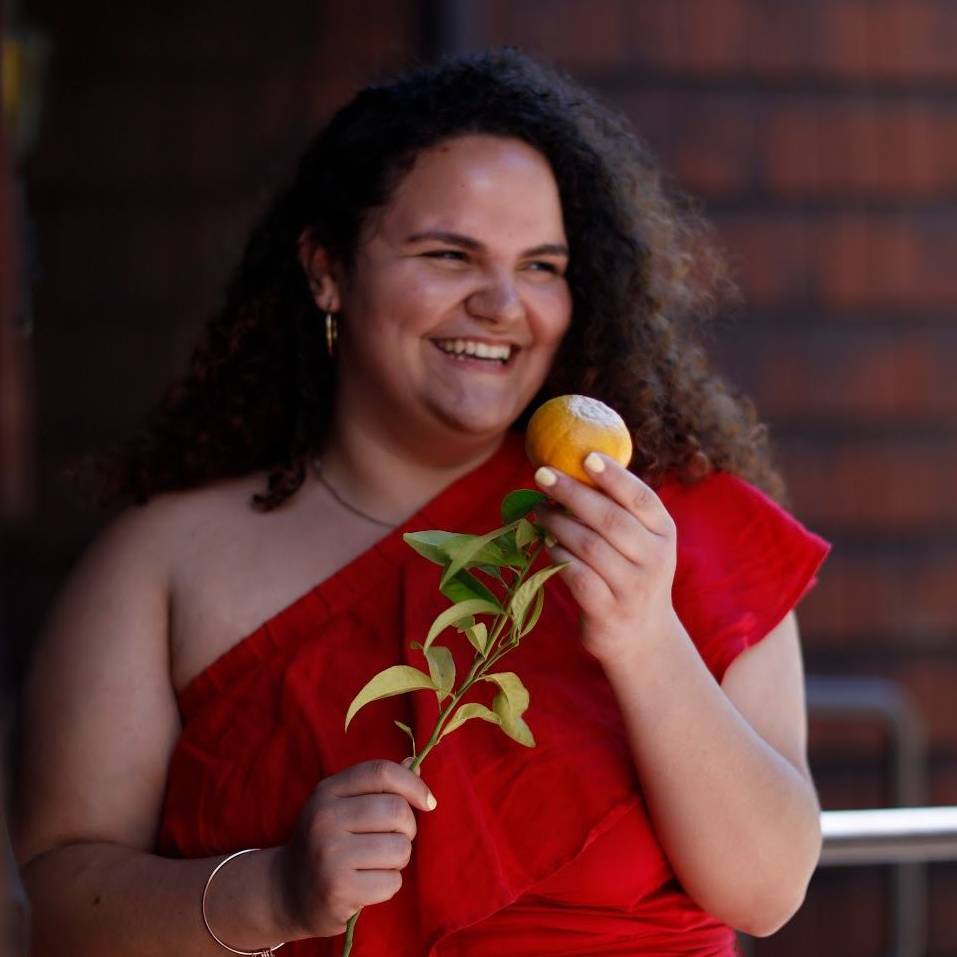
Lance Nelson, MD, is a self-described Midwest transplant to California who grew up on a farm in rural Illinois before attending Purdue University as an undergraduate. After college, Nelson participated in Teach For America, where he taught high school biology and chemistry for two years. He then received a medical degree from Michigan State University and completed a pediatric residency at the University of Iowa. Nelson is currently an adolescent medicine fellow at Stanford while pursuing a master’s degree in CHPR. “I look forward to enhancing my research skills and learning more about application of research findings to vulnerable patient populations,” he says.
